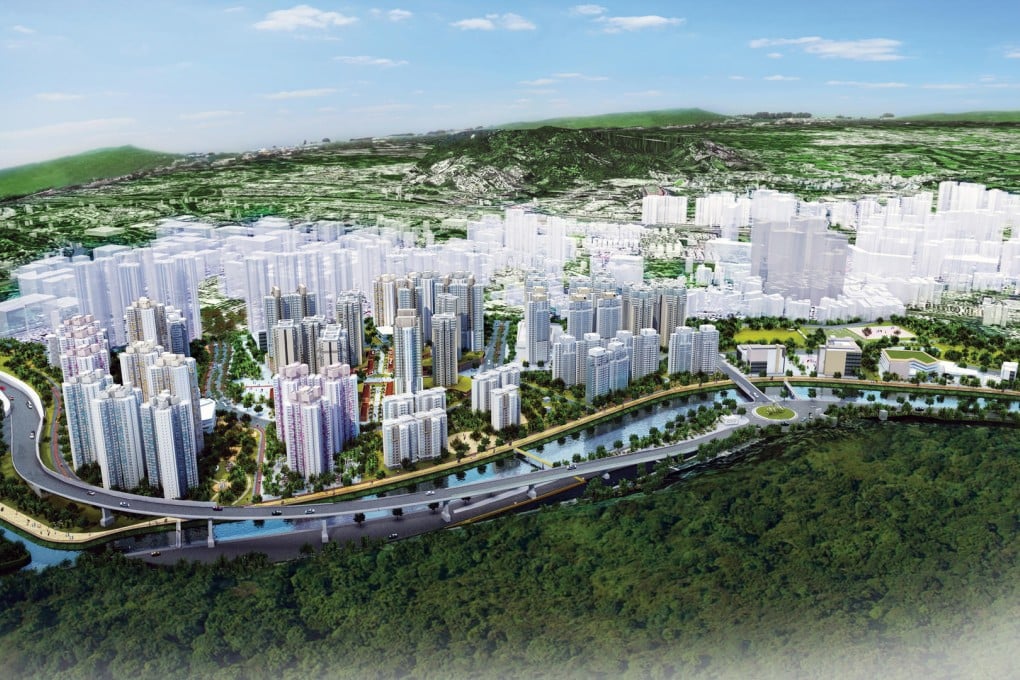City of Sadness fear for new towns in New Territories
New blueprint cuts job opportunities in New Territories project by 14,000 and raises spectre of another Tin Shui Wai planning blunder

The loss of a special industries zone in a revised blueprint of the new town project in northeastern New Territories takes with it 14,000 job opportunities - raising fears that more "Cities of Sadness" like Tin Shui Wai are about to be created.
Ping Che-Ta Kwu Ling was originally earmarked as a specialist new town with an emphasis on industries rather than homes. The idea was that it would provide jobs to future residents in the other two proposed towns, Fanling North and Kwu Tung North.
Indeed there will be fewer job opportunities. But there will be a new MTR station in Kwu Tung North and 80 per cent of the future residents will be living within walking distance of the station
But yesterday Ping Che had been dropped pending further study and the triple new town project now reduced to the two overwhelmingly residential towns - a situation that led to disaster in Tin Shui Wai in the northwestern New Territories.
"Indeed there will be fewer job opportunities," Secretary for Development Paul Chan Mo-po conceded yesterday.
"But there will be a new MTR station in Kwu Tung North and 80 per cent of the future residents will be living within walking distance of the station. It will be convenient to commute."
The number of jobs has decreased from 52,000 in the three-town scheme to 37,700 in the two-town project.
Albert Lai Kwong-tak, of the Professional Commons, noted that the proportion of public housing in the two towns has been raised from 43 per cent to 60 per cent.